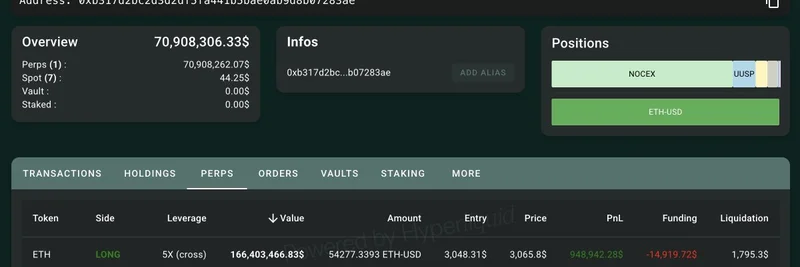In the fast-paced world of tech, where innovation drives everything from smartphones to blockchain networks, Intel's persistent challenges have become a hot topic. Recently, Jessie Frazelle, CEO of Zoo.dev and a key figure at Oxide Computer, sparked a lively discussion on X (formerly Twitter) with a thread criticizing the continuous influx of funds into Intel despite its foundry shortcomings. For those unfamiliar, a foundry is essentially a factory that manufactures semiconductor chips, and Intel has been trying to compete in this space against giants like TSMC (****** Semiconductor Manufacturing Company), which produces chips for a wide array of companies, including those powering crypto mining rigs and AI models behind meme token trends.
Frazelle's main post cuts straight to the chase: "People keep throwing money at Intel like they haven’t spent the last years of their life trying to make their foundry a thing. Meanwhile TSM still making their chips and everyone else’s. JUST. LET. IT. DIE. ALREADY." This comes on the heels of recent news where the US government, through the CHIPS Act, has pumped billions into Intel to bolster domestic chip production. For context, the CHIPS and Science Act aims to reduce reliance on foreign manufacturing, especially amid geopolitical tensions with*******, home to TSMC. Intel recently amended its deal to receive $5.7 billion upfront, with provisions to prevent selling off its foundry business, as reported by outlets like Tom's Hardware.
The Blame Game: Bob Swan's Legacy
Diving deeper into the thread, Frazelle points fingers at Bob Swan, Intel's former CEO who now works as a partner at venture capital firm Andreessen Horowitz (a16z). She describes him as "the killer of all R&D, a legend of taking something good and CFO-ing all over it." According to her, Swan's tenure involved prioritizing stock buybacks over research and development, missing key industry trends, and slashing capital expenditures (capex), which led to supply shortages when Intel's 10nm process node was delayed. They were stuck producing older 14nm chips while competitors surged ahead.
This isn't just ancient history – it echoes in today's blockchain space. Intel once ventured into crypto with products like Blockscale ASICs for Bitcoin mining, but discontinued them amid market shifts. Meanwhile, TSMC's advanced nodes power NVIDIA GPUs, which are crucial for AI-driven meme tokens like those leveraging generative models for viral content. If Intel can't ship competitive chips, it hampers innovation in decentralized tech, where efficient hardware is key for mining, staking, and running nodes.
Community Reactions and Broader Implications
The thread drew responses from various tech enthusiasts. One user, SPEC, recalled Intel's past scandals, like paying for fake benchmarks to outrank AMD, drawing parallels to modern AI labs overfitting on tests. Another pondered if US policy could turn things around, similar to*******'s support for TSMC, but Frazelle retorted that more money won't help if Intel can't deliver products.
From a blockchain perspective, this drama highlights vulnerabilities in the supply chain. Meme token creators and traders rely on robust hardware ecosystems. Chip shortages, as seen during the 2021 crypto boom, inflated GPU prices and affected mining profitability. With TSMC's dominance, any disruptions – say, from
Message contains too many sensitive words!



